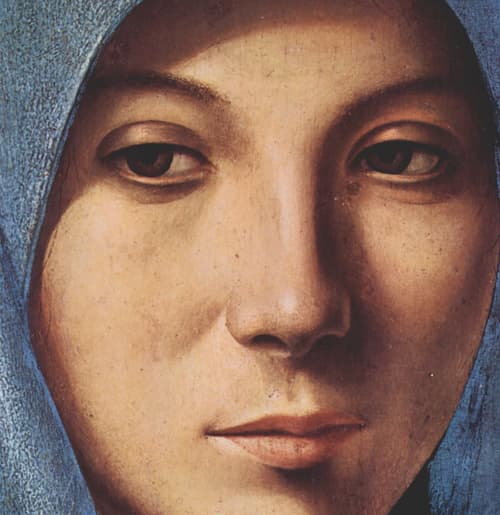“What a piece of work is a man, how noble in reason, how infinite in faculties, in form and moving how express and admirable, in action how like an angel, in apprehension how like a god! The beauty of the world, the paragon of animals—and yet, to me, what is this quintessence of dust?” (Hamlet Act 2 scene 2)
The question of what it means to be human, the quality of human experience: this is why we read stories. The interminable voyage of Odysseus, whose wisdom does not spare him from personal affray. The struggle of Antigone to uphold the law of the gods against the dictates of man. The motley cast of characters in Chaucer’s Canterbury Tales, reflecting the social fabric of the medieval period. Human personalities will always be compelling for anyone interested in the condition we all partake of: midway between the angelic and the animal, at once self-reflective and unconsciously driven. To read about how others live is to reflect on how we live. To live more broadly, more compassionately.
Choosing a favorite fictional character and writing about what makes him or her appealing or instructive, ArteFact writers are currently sharing with our readers one of the great pleasures of literary creation: the possibility of entering into the life and unique personality of another human being. The success of a fictional creation depends heavily on character. A plot can be ingenious, a theme fascinating, a message worthy. But unless these things incarnate themselves in the unfolding of human experience, they remain to some degree abstract. The success of C.S. Lewis’ Narnia stories depends enormously on the point of view of characters like Lucy Pevensie. The same thing applies to Meriol Trevor’s delightful children’s fiction, such as The Letzenstein Chronicles or Lights in a Dark Town, which relate the political and spiritual travails of their adult protagonists from the point of view of observant children. Modern adult fiction, too, depends on the successful rendering of character: Gail Honeyman’s Eleanor Oliphant is Completely Fine is a case in point. Being on the spectrum is something we need to understand from the inside. The heroic arc can include dysfunctionality. A good ‘eucatastrophe’ by definition embeds itself in a dense context, pace Frodo and Sam’s epic scramble up the fiery mountain of fate to near-failure.
There are two novels that I have read in the last few years which have particularly moved me in their depiction of character. One is Suzanne Wolfe’s Confessions of X, which brings out of the shadows of history the nameless woman who was St. Augustine’s concubine, before her common-law husband became the man whose writing indelibly marked the early church. The other is Margaret Craven’s classic tale of First Nations culture in British Columbia: I Heard the Owl Call My Name (first published in the 1960s). The central character of this novel is a young priest who is sent by his bishop to minister to a remote community in Kingcome inlet. What the bishop knows, and the priest does not, is that the young missionary is under sentence of death from a progressive, untreatable illness. The bishop sends him to the Dzawa̱da̱'enux̱w tribe in order to learn “enough of the meaning of life to be ready to die”.
Wolfe’s novel is written in the first person. It brings us right inside the lived experience of its protagonist, enabling us to share in her point of view at the most intimate level. Because Wolfe portrays her as a thoughtful and perceptive soul, this of course gives us an oblique insight into the great Christian saints with whom her life becomes entwined. Craven’s novel is written in the third person, in a limpid style which subtly traces the contours of the young priest’s presence amongst his final earthly family. And yet we feel we have come to know Mark in the very depths of his being, precisely because that being is so circumscribed. Celebrating the potlatch of a culture under threat from a rapacious modern world, perceptively instructing a young man how to woo his future wife, travelling for miles, alone in his boat, to fulfill the wishes of a dying friend: all these actions define not just a man, but a way of being human. They leave a mark in our hearts, kindling a reminder of what matters most, when all is said and done.
Such wonderful characters enliven our own lives and trace the features of that mysterious Creator whose image we are said so mysteriously to bear. This is the fellowship with whom we keep company by the Christmas hearth, as we remember and draw close to those who have enhanced and informed our own lives. Whilst we must all pass into “this quintessence of dust,” just as the blazing wood falls so swiftly into ash, dwelling on the bright sub-creations of great writers (and it is no coincidence that two of our contributors have chosen characters created by the giant of this genre, Charles Dickens) reminds us to stay interested in the ‘piece of work’ that we are.
Leonie Caldecott is the UK editor of Humanum. She is currently working on a creative writing project set in Italy and Canada.
